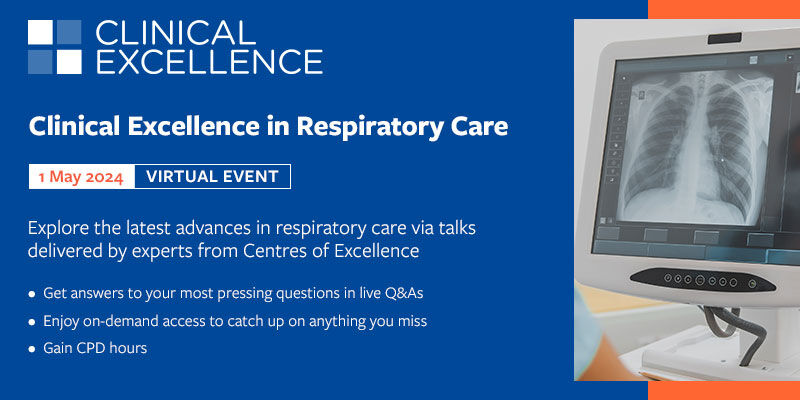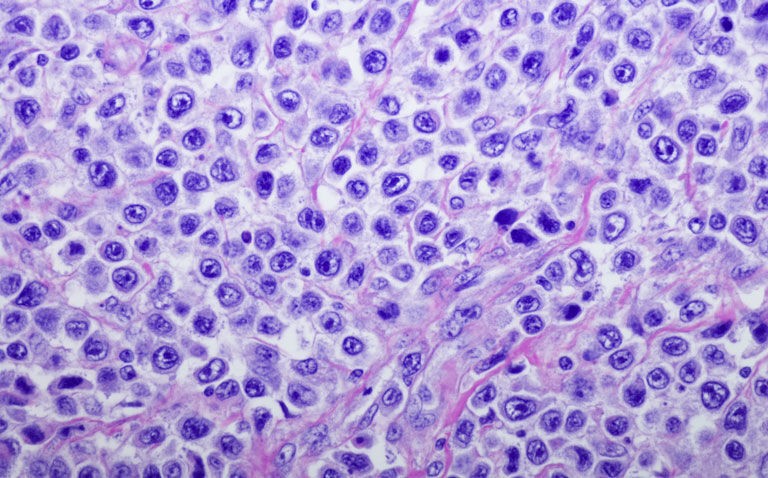A T cell biomarker pre-transfusion is predictive of a favourable response to CAR T cell therapy in patients with relapsed/refractory lymphoma
A T cell biomarker, represented by low levels of differentiated CD3+CD27–CD28– T cells before leukapheresis could serve as a novel marker to predict an individual’s response to CAR T cell therapy in those with relapsed/refractory diffuse large B cell lymphoma (DLBCL), according to a study by researchers from the Medical University of Vienna, Austria.
Chimeric antigen receptor (CAR) T cell therapy produces a durable response in patients with either relapsed or refractory DLBCL. However, trying to identify which groups of patients are likely to respond to therapy is difficult and currently based on lactate dehydrogenase after lymphodepletion, tumour volume and Eastern Cooperative Oncology Group performance status. Nevertheless, each of these three measures does not relate to the immune system. In the current study, the Austrian team looked at a particular T cell biomarker and made use of a matched group of healthy control patients for comparative purposes.
T cell biomarker and CAR T treatment response
A total of 33 patients (mean age = 61.8 years, 42.4% female) with either relapsed or refractory DLBCL were matched with a health control group of 24 patients (median age = 60, 41.7% female).
When compared to healthy controls, DLBCL patients had significant lymphopenia and a higher frequency of differentiated CD3+CD27–CD28– T cells (28.7% vs 6.6%, p < 0.001). There were 26 patients infused with CAR T cell therapy and the overall response (OR) 3 months after the infusion was 57.7%, with a complete response (CR) seen in 42.3% of patients.

In regression analysis, the Austrian team found that low levels of differentiated CD3+CD27–CD28– T cells (23.3% vs 35.1%) were independently associated with an overall response. In fact, the association was even more evident when patients were stratified by either complete remission or non-complete remission (13.7% vs 37.7%, p = 0.001). Using a cut-off value of below 18% of CD3+CD27–CD28– T cells was highly predictive of a complete response at 12 months (67% vs 13%, p = 0.009).
The authors concluded that a low number of CD3+CD27–CD28– T cells at leukapheresis represented a novel, pre-infusion T cell biomarker that enabled prediction of a CAR T cell response in patients with relapsed or refractory DLBCL.
Citation
Worel N et al. The frequency of differentiated CD3+CD27–CD28– T cells predicts response to CART cell therapy in diffuse large B-cell lymphoma. Front Immunol 2023









